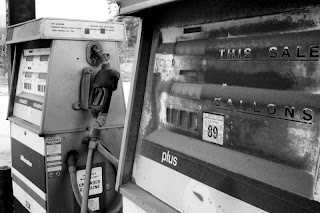How To Find a Temp Job
Have you been laid off and not having much luck finding a new permanent job? A Temp Job may be just the solution you're looking for. Working a temp job through a temporary employment agency is pretty similar in most aspects to working for any other employer. The main difference being that you're just considered a temporary worker. But many temporary jobs offer the opportunity to sign on to a full-time position if they decide you're an asset to their company. Open positions for temp jobs range from typical labor to medical fields. Hours & pay may vary depending on what position(s) you are willing to accept.

Temp Agency Etiquette
Stay close to your phone when waiting for a temp position. Many times a temp job will need to be filled at the last minute. If you're not there by the phone to accept the position, it may just go the next person in line. Enthusiastically accept temp positions that are offered and don't complain too much if you find a particular job unbearable. You'll find that the open position door quickly closes when you're unwillingly to take on specific temp jobs. It's perfectly OK to fish in different temp agency pools. Even while you're working at one temp job, it's not really all that uncommon to keep looking for the right temporary job in addition to a permanent job.
Finding a Local Temp Agency
There are several ways to go about finding a local temp agency. The most common way is by pulling out the Yellow Pages and searching under staffing agency, temporary agency and employment agency. You can also find online temp agency jobs by searching the internet with the same terms as most temp agencies now have websites. Some even offer the ability to apply online, but if your local agency is not too far away it's a good idea to apply in person and get to know the people in charge. Be sure to present yourself in the most pleasant way whenever visiting your local office. These are the people that decide whether you will fill a temp job position or not.







